Traffic light system shows positive effect
The recently implemented traffic light system to audit contents being placed in Buller’s recycling bins is showing effect.
Since Monday 21 March Council’s contractor Smart Environmental Ltd has been labeling recycling bins with a green, yellow, or red tag indicating if the recycling content meets Buller’s recycling guidelines.
The most common issues found with red and yellow tagged bins are lids left on, and items placed in the recycling that are not recyclable and should be disposed of as refuse.
Despite the system being in the early stages Buller District Council’s solid waste coordinator Juliana Ruiz says you can already see behavior change.
“Most people with tagged bins are willing to have a conversation, be educated and improve. Their bin almost always improves for the next collection.”
Items such as paper towels, tissues, bubble wrap, plastic wrap, greasy food trays, and masks are the most common types of rubbish being placed in red tagged bins. Red tagged bins typically contained three or more incorrect items or issues.
Ms Ruiz says: “We have been finding a lot of food thrown in red tagged bins, which is a big issue since this food contaminates the entire bin which spoils the recycling meaning it needs to go to landfill.”
Residents with yellow or red tagged bins are left with a recycling guide outlining why the bin was tagged. This guide is attached to their bin or placed in their letterbox.
Ms Ruiz says: “The red and yellow tags enabled us to educate each bin owner with the correct information relevant to their mistakes, which seems to work.”
One bin that was red tagged in the first week of the program due to a high level of contamination was perfect during the next collection and green tagged.
“This shows that residents do want to improve and by auditing their bins, giving them the necessary information, we can turn recycling offenders into recycling experts and prevent recycling going to landfill.”
Council hopes to see improvements in the contamination rate over the next few months with more green tagged bins as more residents are educated.
Council will review and compare recycling contamination rates before the audit programme commenced with the level of contamination in the coming months to ascertain the program’s success.
Previously the recycling bins in Buller had a 32% contamination rate with non-recyclable material. This amounts to approximately nine tons a month of material that needs to be sent to landfill. Council is aiming for a reduction of this down to 20% by the end of 2022.
Information:
Key aspects of the districts recycling guidelines are:
Plastics
Only plastics #1, #2 and #5 can be deposited in the recycling bin as they are the only recyclable plastics that can be processed within New Zealand. Other types of plastics (#4, #6 and #7) used to be sent to China to be processed. However, since 2018, China banned the importation of recycling material from overseas. As a result, the New Zealand recycling providers were forced to recycle only plastics that can be processed inside the country. Residents need to check the numbers on the package to identify plastic #1, #2 and #5. Recyclable plastic and glass items must be rinsed, and lids removed.
Old recycling bin lids displaying that plastic #1 – #7 can be recycled. These are being changed gradually and new recycling bins come with a blank lid.
Paper and cardboard
Paper and cardboard must be clean, and without remains of food. This allows to store the cardboard for a long time before sent overseas for reprocessing. If cardboard is contaminated with food, it degrades and is unusable for reprocessing.
Cardboard needs to be bigger than an envelope so the staff at the Westport Transfer Station can bale the cardboard. Hence small items like till receipts or shredded paper cannot go in the recycling bin.
Cardboards needs to be flat to be processed efficiently and will take up less space in the recycling bin.
Glass
Glass must be rinsed. Only unbroken bottles or jars are accepted since they are the only glass items that can be reprocessed inside New Zealand. Glass items such as crockery, drinking glasses, plate glass, car windscreens, windows are not accepted by recycling companies in New Zealand.
Aluminum
Aluminum or tins are accepted if they are rinsed and cleaned. Rinsed and cleaned aluminum can be baled and compacted at the Westport Transfer Station ready for shipment to processing plants around the country.
-ENDS-
Further information and contacts:
Solid waste coordinator
Juliana Ruiz
Juliana.ruiz@bdc.govt.nz
